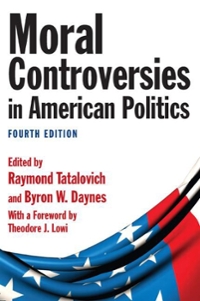Question
i. ('Bertrand Equilibrium'). Two firms i = 1,2 produce an identical product subject to marginal cost c < 1. Market demand is given by q
i. ('Bertrand Equilibrium'). Two firms i = 1,2 produce an identical product subject to marginal cost c < 1. Market demand is given by q = 1-p. The strategy of firm i is to set price p1 >= c. The payoff to firm1 is
=(p1 -c)(1-p1) if p1 =12(p1 -c)(1-p1) ifp1 =p2 = 0 if p1 > p2 and similarly for firm 2. Prove that the unique Nash Equilibrium is p1= p2= c. ii. Now consider the following 2-stage game. In stage 1, each firm decides to 'Enter' (in which case it pays a very small sunk cost> 0) or 'Don't Enter'. In stage 2, if one firm has entered he acts as a monopolist facing the market demand schedule p = 1 - q; if both firms enter they play the Bertrand game described in part (a). Describe the Subgame Perfect Nash Equilibrium outcome of this 2- stage game. iii. What difference does it make in question (ii) if we assume that the 2 firms 'play Cournot' (i.e. we seek a Nash Equilibrium in quantities at the second stage). iv. What conclusions can you draw as to the relationship between price competition and entry?
Step by Step Solution
There are 3 Steps involved in it
Step: 1

Get Instant Access to Expert-Tailored Solutions
See step-by-step solutions with expert insights and AI powered tools for academic success
Step: 2

Step: 3

Ace Your Homework with AI
Get the answers you need in no time with our AI-driven, step-by-step assistance
Get Started


